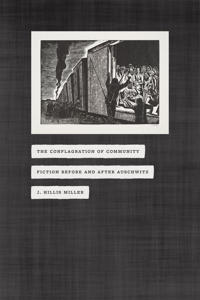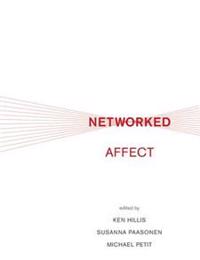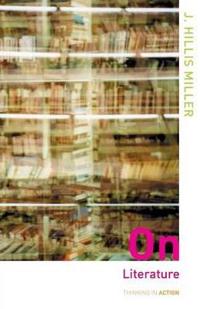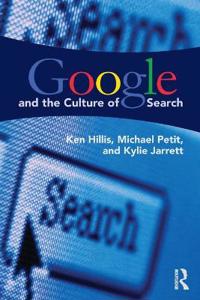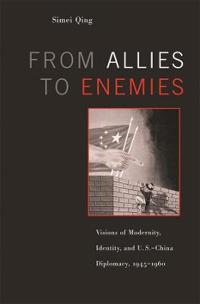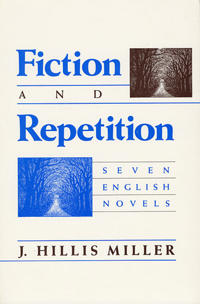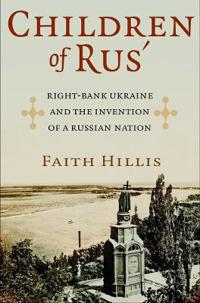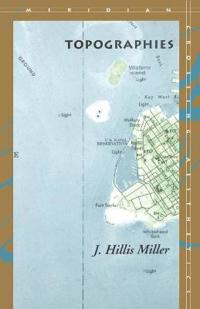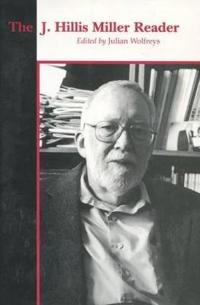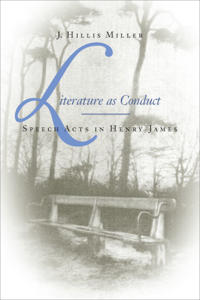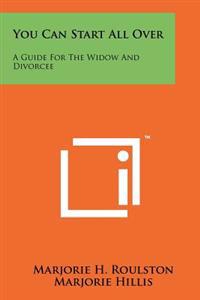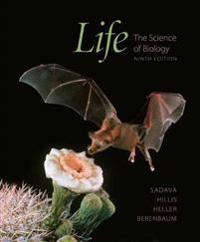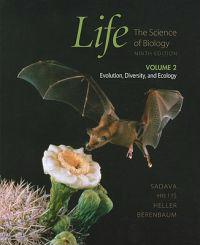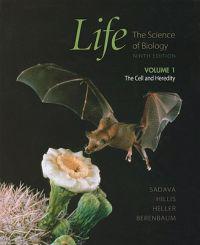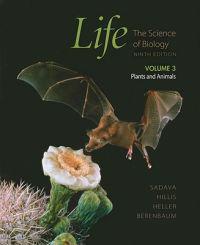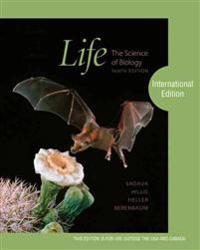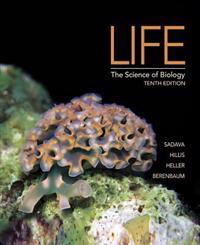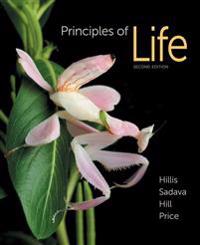The Conflagration of Community (Pocket)
avJ. Hillis Miller
ISBN: 9780226527222 - UTGIVEN: 201109"After Auschwitz to write even a single poem is barbaric". "The Conflagration of Community" challenges Theodor Adorno's famous statement about aesthetic production after the Holocaust, arguing for the possibility of literature to bear witness to extreme collective and personal experiences. J. Hillis[...]
Networked Affect (Inbunden)
avKen (EDT) Hillis, Susanna (EDT) Paasonen, Michael (EDT) Petit
ISBN: 9780262028646 - UTGIVEN: 2015-03Our encounters with websites, avatars, videos, mobile apps, discussion forums, GIFs, and nonhuman intelligent agents allow us to experience sensations of connectivity, interest, desire, and attachment -- as well as detachment, boredom, fear, and shame. Some affective online encounters may arouse com[...]
On Literature (Pocket)
avJ. Hillis Miller
ISBN: 9780415261258 - UTGIVEN: 2002-07Debates rage over what kind of literature we should read, what is good and bad literature, and whether in the global, digital age, literature even has a future. But what exactly is literature? Why should we read literature? How do we read literature? These are some of the important questions J. Hill[...]
Google and the Culture of Search (Häftad)
avKen Hillis, Michael Petit, Kylie Jarrett
ISBN: 9780415883016 - UTGIVEN: 201207What did you do before Google? The rise of Google as the dominant Internet search provider reflects a generationally-inflected notion that everything that matters is now on the Web, and should, in the moral sense of the verb, be accessible through search. In this theoretically nuanced study of searc[...]
Live Alone and Like It: The Classic Guide for the Single Woman (Häftad)
avMarjorie Hillis, Cipe Pineles, Laurie Graff
ISBN: 9780446178228 - UTGIVEN: 200806A modernized primer for young single adult women, originally published in 1936, counsels readers on how to take charge of their own lives, create a hospitable home environment, and cultivate life-enriching hobbies, in a guide that features such chapters as "A Lady and Her Liquor" and "The Pleasures [...]
The Pattern on the Stone (Häftad)
avW.Daniel Hillis
ISBN: 9780465025961 - UTGIVEN: 1999-09Most people are baffled by how computers work and assume that they will never understand them. What they dont realizeand what Daniel Hilliss short book brilliantly demonstratesis that computers seemingly complex operations can be broken down into a few simple parts that perform the same simple proc[...]
The Pattern on the Stone (Pocket)
avW. Daniel Hillis
ISBN: 9780465066933 - UTGIVEN: 2015-01Most people are baffled by how computers work and assume that they will never understand them. What they don't realize--and what Daniel Hillis's short book brilliantly demonstrates--is that computers' seemingly complex operations can be broken down into a few simple parts that perform the same simpl[...]
Fiction & Repetition - Seven English Novels (Paper) (Häftad)
avJ. Hillis Miller
ISBN: 9780674299269 - UTGIVEN: 198507Children of Rus' (Inbunden)
avFaith Hillis
ISBN: 9780801452192 - UTGIVEN: 2013-12In Children of Rus, Faith Hillis recovers an all but forgotten chapter in the history of the tsarist empire and its southwestern borderlands. The right bank, or west side, of the Dnieper River which today is located at the heart of the independent state of Ukraine was one of the Russian empire s las[...]
Topographies (Pocket)
avJ. Hillis Miller
ISBN: 9780804723794 - UTGIVEN: 1995-01This book investigates a cluster of concepts that gather around the question of topography. They include the initiating efficacy of speech acts, ethical responsibility, political or legislative power, the translation of theory from one topographical location to another, the way topographical delinea[...]
The J. Hillis Miller Reader (Häftad)
avProfessor Julian Wolfreys
ISBN: 9780804750561 - UTGIVEN: 2005-02This anthology exhibits the diversity, inventiveness, and intellectual energy of the writings of J. Hillis Miller, the most significant North American literary critic of the twentieth century. From the 1950s onward, Miller has made invaluable contributions to our understanding of the practice and th[...]
Literature as Conduct (Häftad)
avJ. Hillis Miller
ISBN: 9780823225385 - UTGIVEN: 2005-09The work of a master critic writing at the peak of his powers, this magisterial book draws on speech act theory, as it originated with J. L. Austin and was further developed by Paul de Man and Jacques Derrida, to investigate the many dimensions of doing things with words in James' fiction. Three mod[...]
Improving Profitability Through Green Manufacturing (Häftad)
avDavid R. Hillis, J. Barry Duvall
ISBN: 9781118111253 - UTGIVEN: 2012-10-31You Can Start All Over: A Guide for the Widow and Divorcee (Häftad)
avMarjorie H. Roulston, Marjorie Hillis, Winifred Mury
ISBN: 9781258199975 - UTGIVEN: 2011-10Life: The Science of Biology (Inbunden)
avDavid E. Sadava, H. Craig Heller, David M. Hillis
ISBN: 9781429219624 - UTGIVEN: 200910THE NEXT GREAT CHAPTER IN THE STORY OF LIFE
Visit the "Life," 9e preview site at www.whfreeman.com/life9epreview
The science of biology evolves. The science classroom and lab evolve. In this edition, as always, "Life: The Science of Biology" evolves with them, in innovative, authoritative, a[...]Life (Pocket)
avDavid Sadava, David M. Hillis, H. Craig Heller
ISBN: 9781429246446 - UTGIVEN: 200910THE NEXT GREAT CHAPTER IN THE STORY OF LIFE The science of biology evolves. The science classroom and lab evolve. In this edition, as
always, "Life: The Science of Biology" evolves with them, in innovative, authoritative, and
captivating ways.
From the first edition [...]Life: The Cell and Heredity (Häftad)
avDavid E. Sadava, David M. Hillis, H.Craig Heller
ISBN: 9781429246453 - UTGIVEN: 201007THE NEXT GREAT CHAPTER IN THE STORY OF LIFE The science of biology evolves. The science classroom and lab evolve. In this edition, as
always, "Life: The Science of Biology" evolves with them, in innovative, authoritative, and
captivating ways.
From the first edition [...]Life (Pocket)
avDavid Sadava, David M. Hillis, H. Craig Heller
ISBN: 9781429246477 - UTGIVEN: 200910THE NEXT GREAT CHAPTER IN THE STORY OF LIFE The science of biology evolves. The science classroom and lab evolve. In this edition, as
always, "Life: The Science of Biology" evolves with them, in innovative, authoritative, and
captivating ways.
From the first edition [...]Life: The Science of Biology (Häftad)
avDavid E. Sadava, Hillis, Heller
ISBN: 9781429253024 - UTGIVEN: 200910Life (Inbunden)
avMay Berenbaum, David E. Sadava, David M. Hillis
ISBN: 9781429254311 - UTGIVEN: 201002Innovative, authoritative, and captivating - Life is the most balanced experimentally-based biology text available. It offers an engaging and coherent presentation of the fundamentals of biology by describing the landmark experiments that revealed them. The ninth edition remains at the cutting edge [...]
Life: The Science of Biology (Inbunden)
avDavid E. Sadava, H. Craig Heller, David Hillis
ISBN: 9781429298643 - UTGIVEN: 201212From its first edition, "Life "has set the standard for experiment-based introductory biology texts. There is no stronger textbook for helping students understand not just what we know (scientific facts), but how we know it (the experimental process that leads to their discovery).The new edition of [...]
J. Hillis Miller and the Possibilities of Reading
ISBN: 9781441136398 - UTGIVEN: 2012-02J. Hillis Miller is undoubtedly one of the most important literary critics of the past century. For well over five decades his work has been at the forefront of theoretical and philosophical thinking and writing. From his earliest work with Georges Poulet and the so-called Geneva School, which int[...]
Principles of Life (Inbunden)
avDavid M. Hillis
ISBN: 9781464109478 - UTGIVEN: 2014-02With its first edition, "Principles of Life "provided a textbook well aligned with the recommendations proposed in "BIO 2010: Transforming Undergraduate Education for Future Research Biologists" and "Vision and Change in Undergraduate Biology Education." Now "Principles of Life" returns in a thoroug[...]
Study Guide for Life: The Science of Biology (Pocket)
avDavid E. Sadava, H. Craig Heller, David Hillis
ISBN: 9781464123658 - UTGIVEN: 2012-12-15

